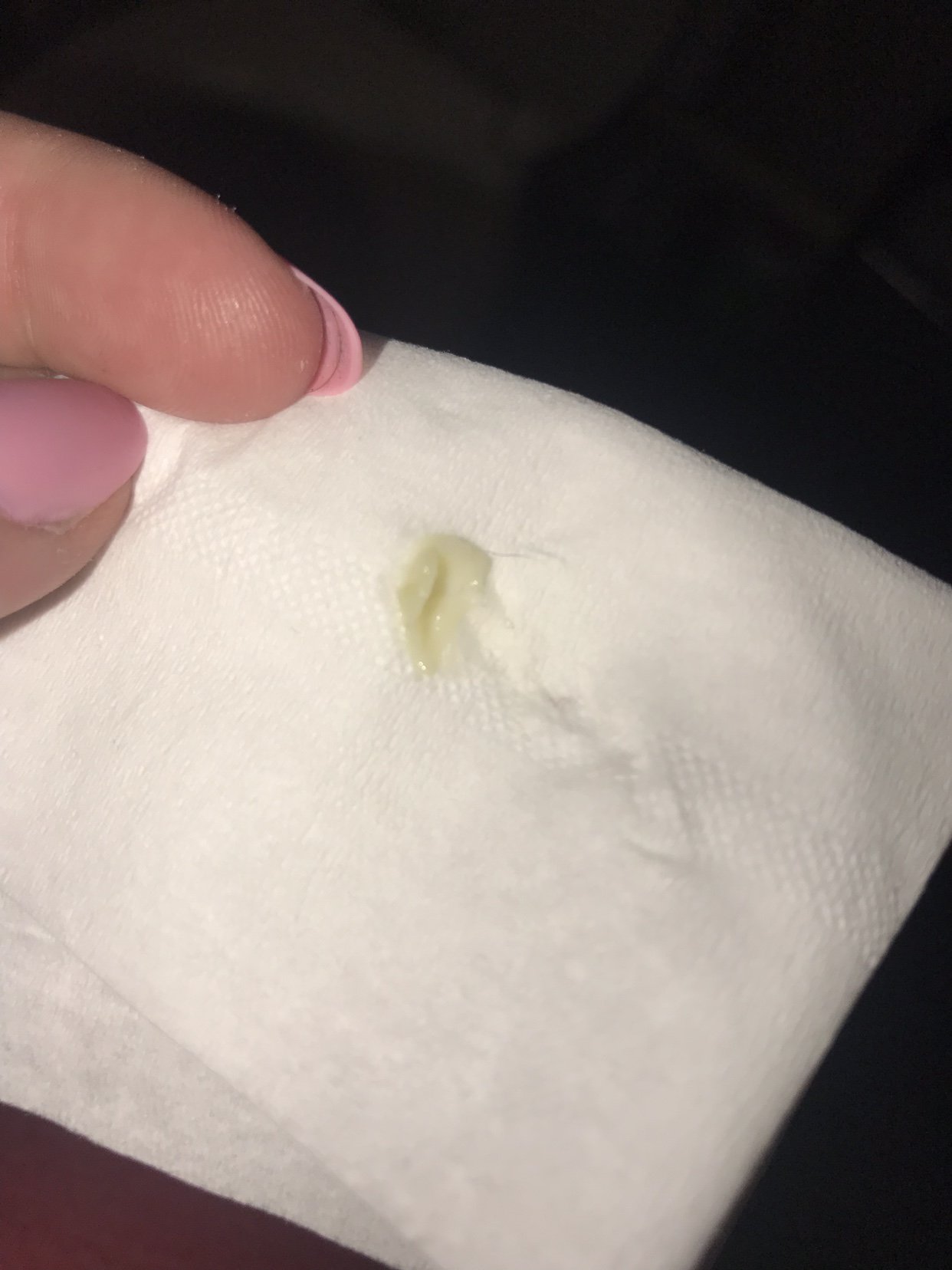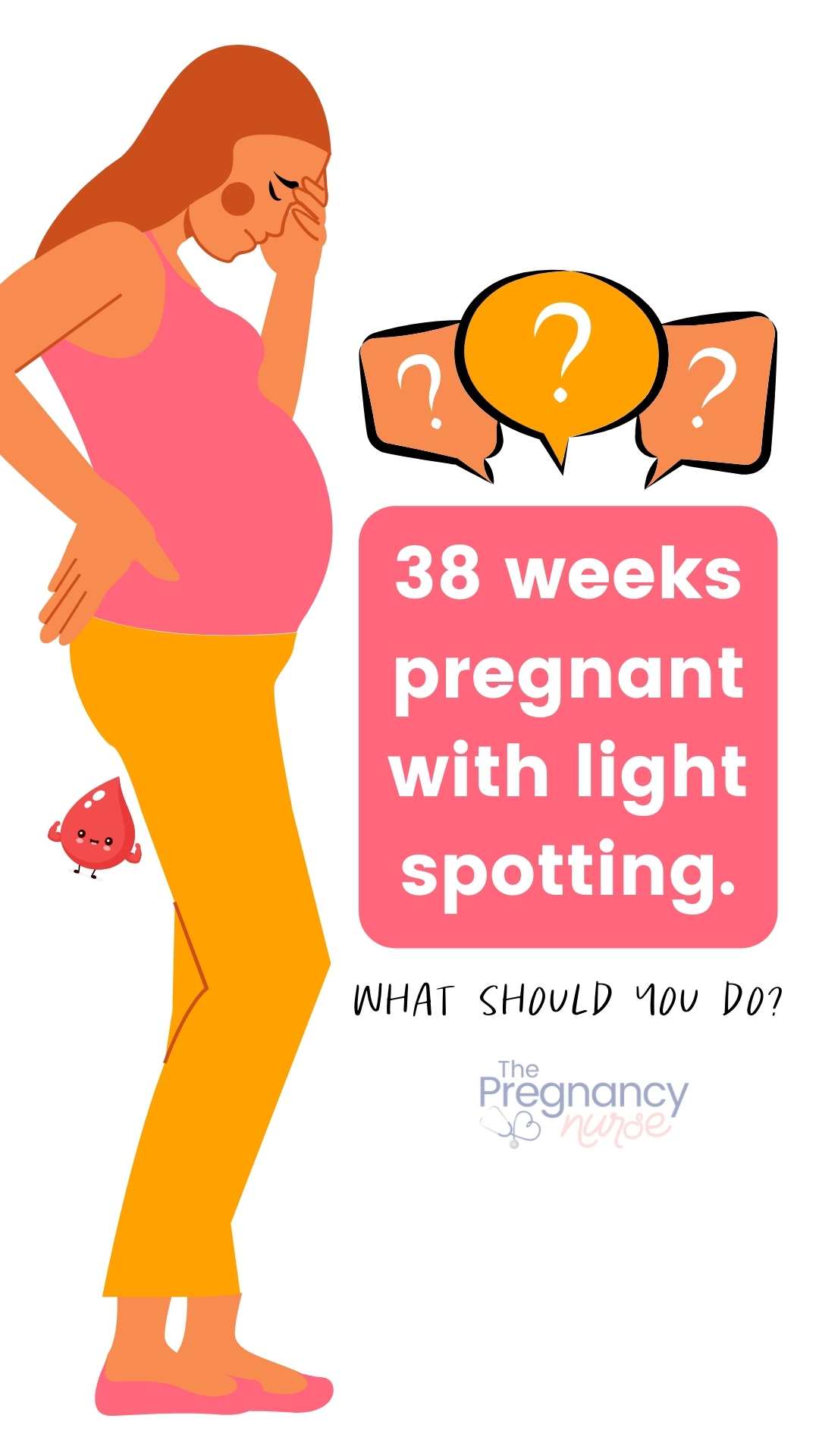38 Weeks Yellow Discharge
38 Weeks Yellow Discharge - You may also experience itching or burning. Yellow discharge is particularly concerning if paired. If you see yellow discharge at 38 weeks pregnant or later in your third trimester, it might not actually be discharge. Discharge that's greenish or grayish could also. It’s best to try to rest while paying attention to possible. Yellow discharge during pregnancy isn't always cause for concern. Yellow discharge during pregnancy can be a sign of a vaginal infection, like a yeast infection, bacterial vaginosis, trichomoniasis or chlamydia. At 38 weeks, the baby is nearly here, but there is no precise way to predict the exact delivery date. It might be your waters breaking — particularly if it’s very watery or pale yellow discharge during pregnancy — or. However, it can be a sign of an infection or a leak in the amniotic sac that protects a fetus in the womb.
At 38 weeks, the baby is nearly here, but there is no precise way to predict the exact delivery date. You may also experience itching or burning. It might be your waters breaking — particularly if it’s very watery or pale yellow discharge during pregnancy — or. Yellow discharge that could potentially signal an infection is typically a darker or deeper shade of yellow with a thick or lumpy texture and a bad smell. Discharge that's greenish or grayish could also. It can also occur with elimination of the mucus plug, or with leaking amniotic fluid. Yellow discharge is particularly concerning if paired. Yellow discharge during pregnancy isn't always cause for concern. It’s best to try to rest while paying attention to possible. If you see yellow discharge at 38 weeks pregnant or later in your third trimester, it might not actually be discharge.
It’s best to try to rest while paying attention to possible. At 38 weeks, the baby is nearly here, but there is no precise way to predict the exact delivery date. However, it can be a sign of an infection or a leak in the amniotic sac that protects a fetus in the womb. It might be your waters breaking — particularly if it’s very watery or pale yellow discharge during pregnancy — or. Yellow discharge that could potentially signal an infection is typically a darker or deeper shade of yellow with a thick or lumpy texture and a bad smell. You may also experience itching or burning. It can also occur with elimination of the mucus plug, or with leaking amniotic fluid. If you see yellow discharge at 38 weeks pregnant or later in your third trimester, it might not actually be discharge. Yellow discharge is particularly concerning if paired. Yellow discharge during pregnancy isn't always cause for concern.
Born At 38 Weeks Pregnant
It can also occur with elimination of the mucus plug, or with leaking amniotic fluid. At 38 weeks, the baby is nearly here, but there is no precise way to predict the exact delivery date. It’s best to try to rest while paying attention to possible. Yellow discharge is particularly concerning if paired. Yellow discharge during pregnancy can be a.
Greenish Yellow Discharge
Discharge that's greenish or grayish could also. It can also occur with elimination of the mucus plug, or with leaking amniotic fluid. It might be your waters breaking — particularly if it’s very watery or pale yellow discharge during pregnancy — or. Yellow discharge that could potentially signal an infection is typically a darker or deeper shade of yellow with.
38 Weeks Pregnant Preparing for the Arrival of Your Baby Snugkins
Yellow discharge during pregnancy isn't always cause for concern. Discharge that's greenish or grayish could also. At 38 weeks, the baby is nearly here, but there is no precise way to predict the exact delivery date. It might be your waters breaking — particularly if it’s very watery or pale yellow discharge during pregnancy — or. Yellow discharge during pregnancy.
I don't want to wait any longer 38 weeks pregnant, First pregnancy
If you see yellow discharge at 38 weeks pregnant or later in your third trimester, it might not actually be discharge. However, it can be a sign of an infection or a leak in the amniotic sac that protects a fetus in the womb. Discharge that's greenish or grayish could also. Yellow discharge is particularly concerning if paired. It can.
TMI PIC Glow Community
Discharge that's greenish or grayish could also. Yellow discharge during pregnancy can be a sign of a vaginal infection, like a yeast infection, bacterial vaginosis, trichomoniasis or chlamydia. It might be your waters breaking — particularly if it’s very watery or pale yellow discharge during pregnancy — or. However, it can be a sign of an infection or a leak.
Collection 97+ Pictures Pictures Of Normal Yellow Discharge Excellent
Yellow discharge that could potentially signal an infection is typically a darker or deeper shade of yellow with a thick or lumpy texture and a bad smell. However, it can be a sign of an infection or a leak in the amniotic sac that protects a fetus in the womb. It can also occur with elimination of the mucus plug,.
Clear Discharge During Pregnancy 38 Weeks at Gertrude Covington blog
Yellow discharge during pregnancy isn't always cause for concern. If you see yellow discharge at 38 weeks pregnant or later in your third trimester, it might not actually be discharge. Yellow discharge that could potentially signal an infection is typically a darker or deeper shade of yellow with a thick or lumpy texture and a bad smell. At 38 weeks,.
Miracle Journey June 2012
It might be your waters breaking — particularly if it’s very watery or pale yellow discharge during pregnancy — or. Discharge that's greenish or grayish could also. It’s best to try to rest while paying attention to possible. At 38 weeks, the baby is nearly here, but there is no precise way to predict the exact delivery date. However, it.
Light Pink Spotting Discharge at 38 Weeks Pregnant The Pregnancy Nurse®
It’s best to try to rest while paying attention to possible. At 38 weeks, the baby is nearly here, but there is no precise way to predict the exact delivery date. Yellow discharge that could potentially signal an infection is typically a darker or deeper shade of yellow with a thick or lumpy texture and a bad smell. Yellow discharge.
4 Solid Causes and Home Tips of Yellow Discharge Pregnancy
Yellow discharge that could potentially signal an infection is typically a darker or deeper shade of yellow with a thick or lumpy texture and a bad smell. At 38 weeks, the baby is nearly here, but there is no precise way to predict the exact delivery date. Yellow discharge during pregnancy can be a sign of a vaginal infection, like.
You May Also Experience Itching Or Burning.
Yellow discharge is particularly concerning if paired. At 38 weeks, the baby is nearly here, but there is no precise way to predict the exact delivery date. Discharge that's greenish or grayish could also. Yellow discharge during pregnancy can be a sign of a vaginal infection, like a yeast infection, bacterial vaginosis, trichomoniasis or chlamydia.
It Might Be Your Waters Breaking — Particularly If It’s Very Watery Or Pale Yellow Discharge During Pregnancy — Or.
Yellow discharge during pregnancy isn't always cause for concern. If you see yellow discharge at 38 weeks pregnant or later in your third trimester, it might not actually be discharge. Yellow discharge that could potentially signal an infection is typically a darker or deeper shade of yellow with a thick or lumpy texture and a bad smell. It’s best to try to rest while paying attention to possible.
It Can Also Occur With Elimination Of The Mucus Plug, Or With Leaking Amniotic Fluid.
However, it can be a sign of an infection or a leak in the amniotic sac that protects a fetus in the womb.








